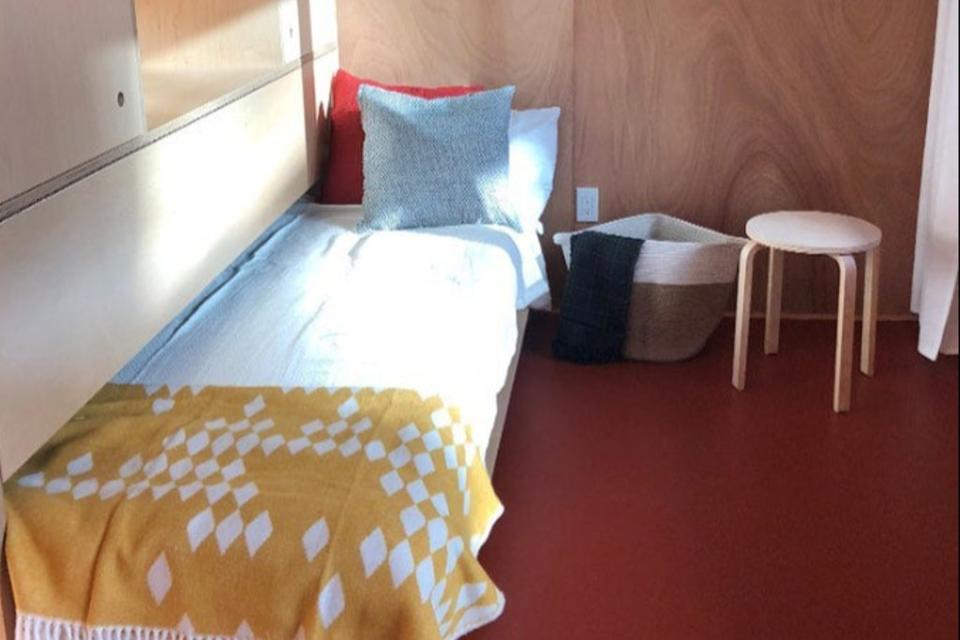Would you be prepared to house a homeless person in your back garden?

There are all sorts of things Brits think are good ideas, in principle, but don’t want in their own backyards.
Wind farms? Don’t ruin my view. Affordable flats? It’ll make the GP surgery far too busy. That nice pub garden so attractive when we first moved in? Keeping the baby awake.
But what about housing a homeless person in your back garden? A new, non-profit scheme in Seattle has been doing just that, on a small but growing scale.
The Block Project builds pre-fab, eco-friendly, 125sq ft micro homes complete with kitchen areas, bathrooms, sleeping area and a front porch in volunteer homeowners’ gardens.
These are available rent-free, to homeless people referred via an agency, which then continues to work with them after they move in.
Could something similar work in London, where homelessness is on the rise again as pandemic protections are removed?
Permitted development rights would allow for suitable garden structures without planning — but can Londoners be persuaded away from swanky backyard offices to house a stranger instead?
A micro-home scheme for the most vulnerable people in Haringey launched last week, with local opinion almost equally for and against.
However, the Seattle team point out that before Airbnb, the thought of a stranger sleeping in your spare room for a few days was considered a quick route to getting murdered. The cultural shift in less than a decade has been profound.
Of course such ideas won’t work for everyone — we’re unlikely to see, or need, a pod home in every garden — but rethinking the way we can use the space at our disposable is a valuable part of the solutions we need.
Read More
Shipping container-style micro pods to house vulnerable homeless in Haringey
Renting affects tenant health — improving it should be a no-brainer

 Yahoo Finance
Yahoo Finance 